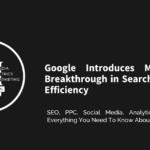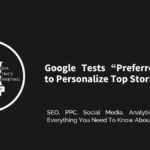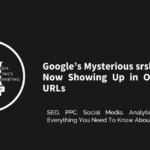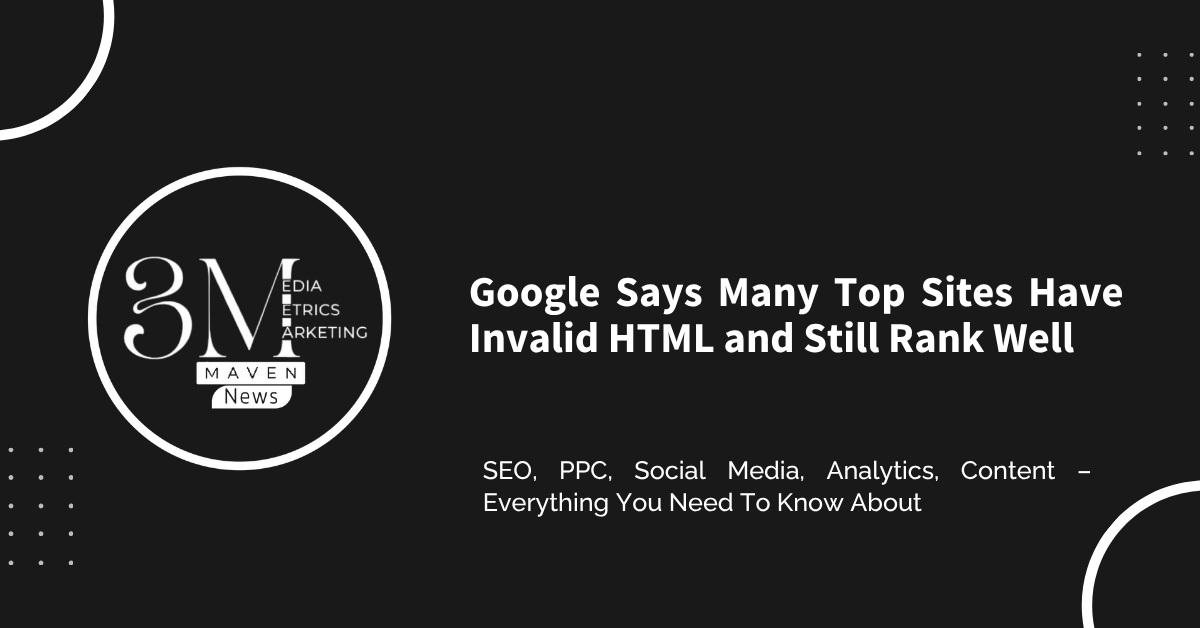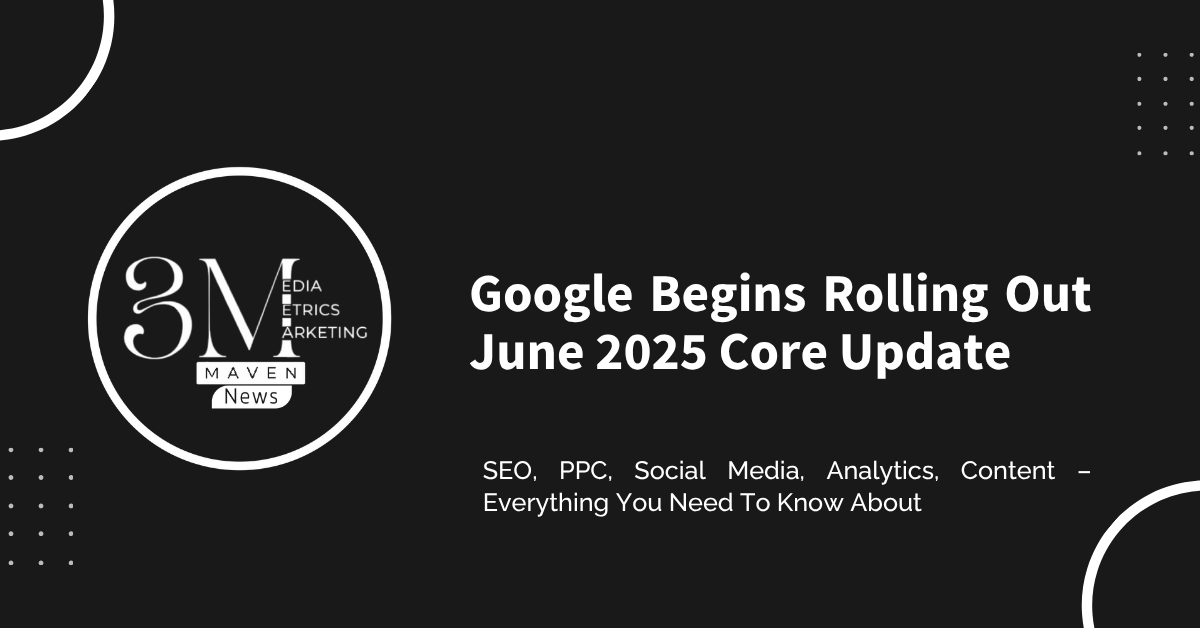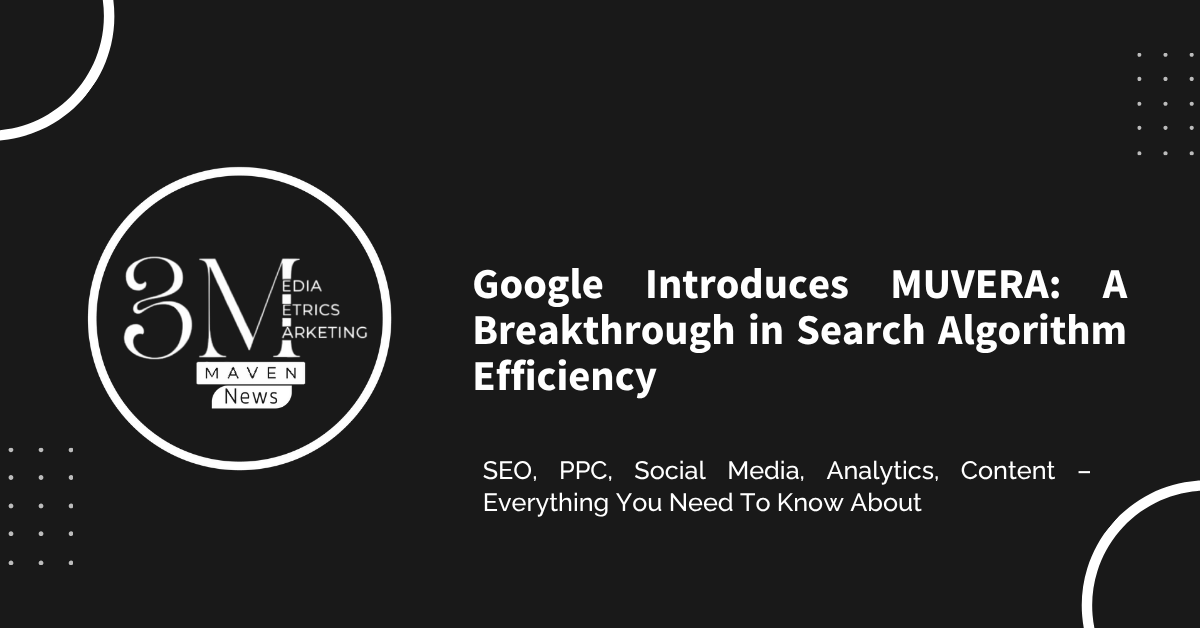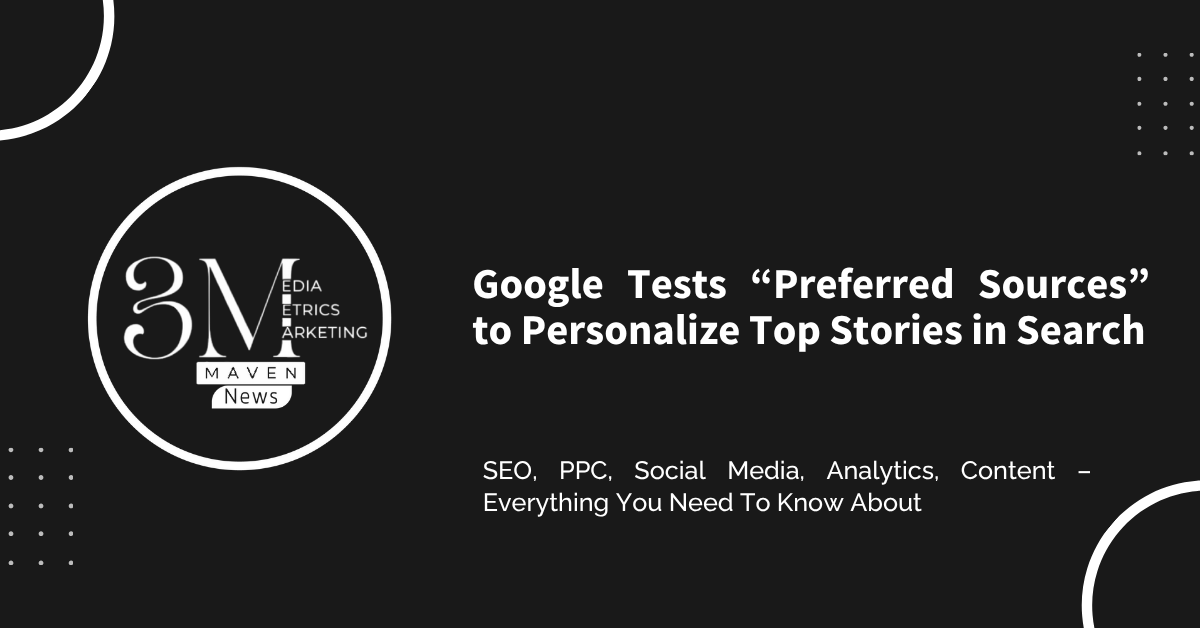Recent data from the BrightEdge Enterprise SEO platform highlights emerging trends in traffic referrals from AI search and chatbot platforms. The findings spotlight a clear dominance of desktop-originated visits compared to mobile, with Google Search being the notable exception.
Desktop Leads AI Traffic
BrightEdge’s analysis shows that most website traffic generated by AI tools such as ChatGPT, Perplexity, Bing, and Google Gemini originates from desktop users. In stark contrast, only a small fraction comes from mobile devices. For example:
- ChatGPT : 94% of its referral traffic is from desktop, with just 6% from mobile.
- Perplexity : 96.5% of its traffic is desktop-based versus 3.4% mobile.
- Bing : 94% desktop vs. 4% mobile.
- Google Gemini : 91% desktop vs. 5% mobile.
The anomaly remains Google Search , which drives more mobile traffic (53%) than desktop (44%).
BrightEdge suggests that this gap may be due to structural differences in how users interact with AI tools across devices. For instance, ChatGPT’s mobile app displays in-app previews that require an additional click to access external websites—potentially discouraging further engagement and limiting referral rates.
However, the same explanation doesn’t fully apply to other platforms like Perplexity or Bing, hinting at deeper behavioral patterns. It’s possible that desktop users are more likely to engage in research or work-related tasks, making them more inclined to follow links, while mobile users tend to browse casually.
Apple: A Potential Game-Changer in Search
One of the report’s most striking observations centers around Apple’s influence over mobile search through Safari, the default browser for nearly a billion devices worldwide. With Safari currently set to use Google as the default search engine, Apple holds significant power over the future of search marketing.
Key insights include:
- iPhone users alone contribute 57% of Google’s mobile traffic to brand websites in the U.S. and Europe.
- Any shift away from Google as Safari’s default could instantly redirect massive volumes of search traffic.
- Apple’s new AI initiative, Apple Intelligence , opens the door for integrating generative AI into the mobile web experience—a space where Google still dominates via Safari.
This potential pivot raises questions about the future of mobile search. If Apple chooses to break ties with Google and adopts a different search provider—such as Perplexity—it could dramatically reshape the competitive landscape.
What This Means for Search Marketers
As AI continues to evolve, marketers must stay alert to shifts in user behavior and platform dynamics:
- Desktop AI usage drives most traffic referrals , suggesting it’s a key arena for optimization.
- Google remains unique in its strong mobile performance, reinforcing its dominance in mobile search.
- In-app friction in tools like ChatGPT may limit mobile referral opportunities.
- Apple’s control of Safari gives it kingmaker status in the mobile search ecosystem.
- WWDC could be a turning point , especially if changes to Safari’s default search engine are announced.
With Apple’s Worldwide Developers Conference (WWDC) approaching, all eyes will be on whether Safari defaults change—and what that might mean for the future of search.


